Buying a home is a monumental step, and for many potential homeowners, figuring out the down payment is a major hurdle. While various options exist, some consider tapping into their 401(k) accounts for the necessary funds. However, is this the best idea for everyone?
In this blog post, we’ll explore the pros and cons of using 401(k) funds as a down payment to help you make an informed decision.
Pros
Immediate Access to Funds
One of the primary advantages of using 401(k) funds for a down payment is immediate access to the money. Unlike other savings vehicles that may take time to accumulate, your 401(k) offers a lump sum that can expedite the home-buying process.
Potential for Higher Down Payment
By using 401(k) funds, you might be able to make a larger down payment, which can have several benefits. A higher down payment may lead to better mortgage terms, a lower interest rate, and potentially lower monthly mortgage payments.
No Mortgage Insurance Requirement
With a substantial down payment, you may avoid needing private mortgage insurance (PMI). PMI is typically required when the down payment is less than 20%, and it adds cost to your monthly mortgage payment.
Cons
Impact on Retirement Savings
The most significant drawback of using 401(k) funds for a down payment is the potential impact on your retirement savings. Withdrawing money from your 401(k) can hinder its growth, especially if the market experiences gains during the time your funds are withdrawn.
Tax Implications
Withdrawals from a traditional 401(k) are generally subject to income tax. Depending on the amount withdrawn and your tax bracket, this can result in a substantial tax hit. Additionally, if you’re under 59½ years old, you may face an additional 10% early withdrawal penalty.
Opportunity Cost
When you withdraw funds from your 401(k), you miss out on potential investment gains. The opportunity cost of not having those funds invested in the market could be significant over the long term.
Repayment Requirements
In some cases, employers may require employees to repay the 401(k) loan if they leave their job. If you’re unable to repay the loan, it could be treated as a distribution, subject to taxes and penalties.
Market Volatility
The value of your 401(k) is subject to market fluctuations. If you withdraw funds during a market downturn, you may be selling assets at a lower value, locking in losses that could impact your overall retirement savings.
Considerations
Before deciding to use 401(k) funds for a down payment, carefully consider your financial situation, long-term goals, and the specific terms of your 401(k) plan. If you have alternative sources for a down payment and can preserve your retirement savings, that may be a more prudent choice.
While using 401(k) funds for a down payment can provide immediate financial relief, it comes with significant risks and potential long-term consequences. Before making this decision, consult with a financial advisor to understand the impact on your retirement savings and explore alternative down payment options. It’s crucial to strike a balance between your current housing needs and your long-term financial security.
Ultimately, the decision to use 401(k) funds for a down payment should align with your overall financial strategy and goals.


